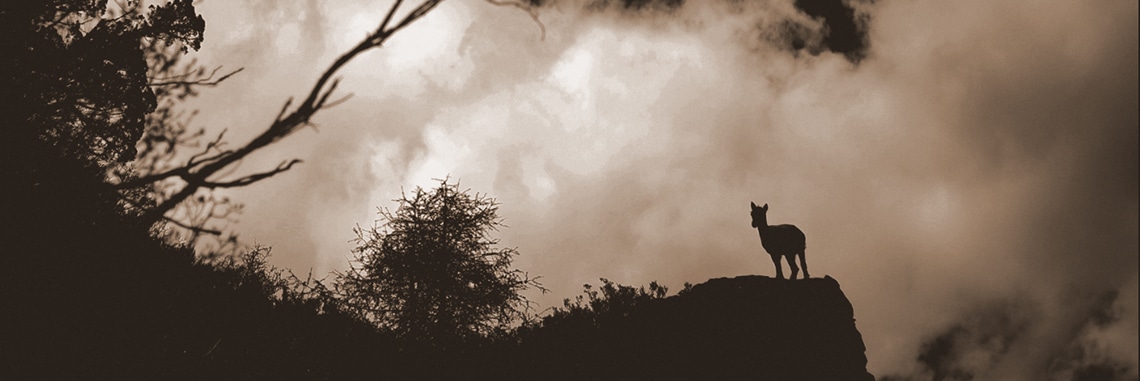
Choosing Love in a Time of Evil
The Power of Love
Friday, May 21, 2021
Maximilian Kolbe (1894–1941) was a Polish Franciscan priest known for his leadership, his skill as a writer, and his passionate devotion to the Virgin Mary. A prisoner at Auschwitz concentration camp, he chose to save the life of another inmate by offering his own. One of the eyewitnesses to this selfless exchange, a doctor, recounts:
It happened that at the end of July or the beginning of August, a prisoner escaped from the garden detail, I believe. This escapee not having been found, the camp authorities decided to choose ten prisoners from barrack 2. During roll call, I was separated from the Servant of God [as Kolbe was called during the process for canonization] by three or four persons. [The commander] chose ten prisoners, among them Francis Gajowniczek [1901‒1995]. When this man learned what was to happen to him, he began to cry with pain and despair that he had a wife and children, that he wanted to see them again, and that he was going to die.
At that point, Father Maximilian Kolbe stepped out of line, lifted his cap, and declared to [the commander], pointing to Gajowniczek, that he wanted to sacrifice himself for that prisoner, as he had no wife and children. [The commander] asked him his profession. He replied: “I am a Catholic priest.” There followed a moment while the SS showed a certain surprise. Then [the commander] ordered Gajowniczek to get back in line and the Servant of God to take his place among those condemned to the bunker. [1]
In an Easter season 2021 sermon, contemplative priest and co-founder of the Center for Spiritual Imagination, Adam Bucko, reflected on Kolbe’s story and the meaning of the Gospel today:
Growing up in Poland, I was shaped by many stories of World War II that I heard over and over again as a kid. . . . I believe these stories [of Kolbe and others] offer us a way out. A way out of the logic that our world operates on. A logic that lives inside of us and governs so many of our basic drives. A logic that led to the war these stories described and, also, in some ways, is responsible for many of the heartbreaking things we are witnessing today. Personal things and societal things.
This logic can best be described by what philosopher Hegel [1770–1831] called the “master-slave dialectic.” Applied to our societal history, it tells us that, when left to ourselves, we often organize our lives according to the principle of domination. . . .
In the gospel [on Maundy Thursday] we are shown that real power is not the power of domination but rather the power of love. And that looking at life from the vantage point of love, we see that our being and our joy increase to an extent that we give it away. We see that the real significance of our lives grows the more we are willing to move beyond seeing others as threats and instead choose to delight “in their energy . . . [and] give away some of our own life to help resource their lives.” [3]
References:
[1] Andre Frossard, Forget Not Love: The Passion of Maximilian Kolbe, trans. Cedrine Fontan (Ignatius Press: 1991), 196–197.
[2] Adam Bucko, “Love in Times of Hate,” homily, April 5, 2021, Patheos.com,
[3] Ronald Rolheiser, Sacred Fire: A Vision for a Deeper Human and Christian Maturity (Image: 2017, 2014), 231.
Story from Our Community:
I invited Christ into my wounded places, tore down the walls, and opened my heart. He also showed me my parts in them. The anger, the control, the diminishment of others—a lot of my wounds were earned. Many of those events are in the past, and the wisdom is to not repeat those errors, to live the remainder of my life differently. I am learning that my actions need not be based on the actions of others, but on being a light to the world. I am a lamp; God’s love is the oil. —Bob L.

